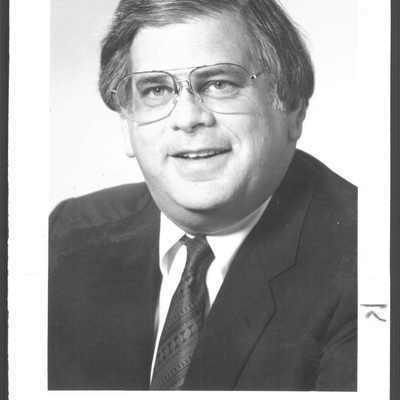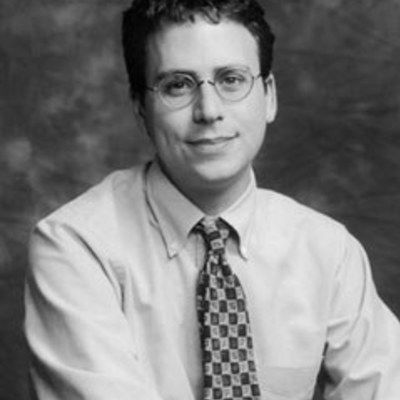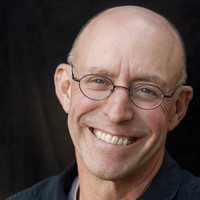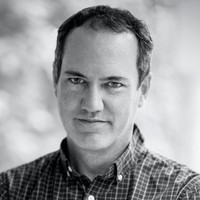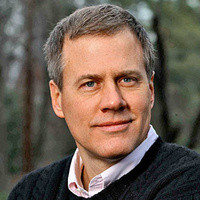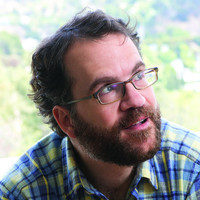
The Longform Guide to Sad Retired Athletes
Iverson, Canseco, TO, and DiMaggio — a collection of picks on post-career woe.
The Silent Season of a Hero
The complicated post-baseball days of Joe DiMaggio.
Gay Talese Esquire Jul 1966 35min
Allen Iverson, NBA Icon, Struggles with Life after Basketball
Basketball’s iconoclast is now a broke recluse at 37.
Kent Babb Washington Post Apr 2013 10min
How and (Why) Athletes Go Broke
Five years after they leave the league, 60 percent of NBA players have nothing left. In the NFL, it’s closer to 80 percent after just two years. A breakdown of the economics of retirement.
Pablo S. Torre Sports Illustrated Mar 2009 25min
Love Me, Hate Me, Just Don't Ignore Me
Terrell Owens at 38: unemployed, nearly bankrupt after losing his shirt in a electronic-bingo entertainment complex development plan gone bust, father of four children (one of which he has never met), frequent bowler.
Nancy Hass GQ Jan 2012 15min
Chasing Jose
Before he was a Twitter savant, Jose Canseco was a juiced-up terror.
Pat Jordan Deadspin Mar 2008 15min
Thrown for a Curve in Rhode Island
Former Red Sox pitcher Curt Schilling needed funding for his ambitious video-game startup. Rhode Island politicians needed jobs and a vision for how to transform the state’s beleaguered economy. The story of a $75 million bet gone bust.
Matt Bai New York Times Apr 2013 20min
The End and Don King
The crumbling of an American icon.
Jay Caspian Kang Grantland Apr 2013 25min
Welcome to the Far Eastern Conference
On Stephon Marbury’s (not totally sad!) NBA exile in China.
Wells Tower GQ May 2011 25min
The Rise and Fall of 'Nails'
Baseball legend Lenny Dykstra’s on-field brilliance and private-life disasters, from drunk driving to failed investment and publishing ventures.
Jim Baumbach Newsday Dec 2012 15min
Michael Jordan Has Not Left The Building
A profile of Jordan at 50.
Wright Thompson ESPN Feb 2013
Jul 1966 – Apr 2013 Permalink
